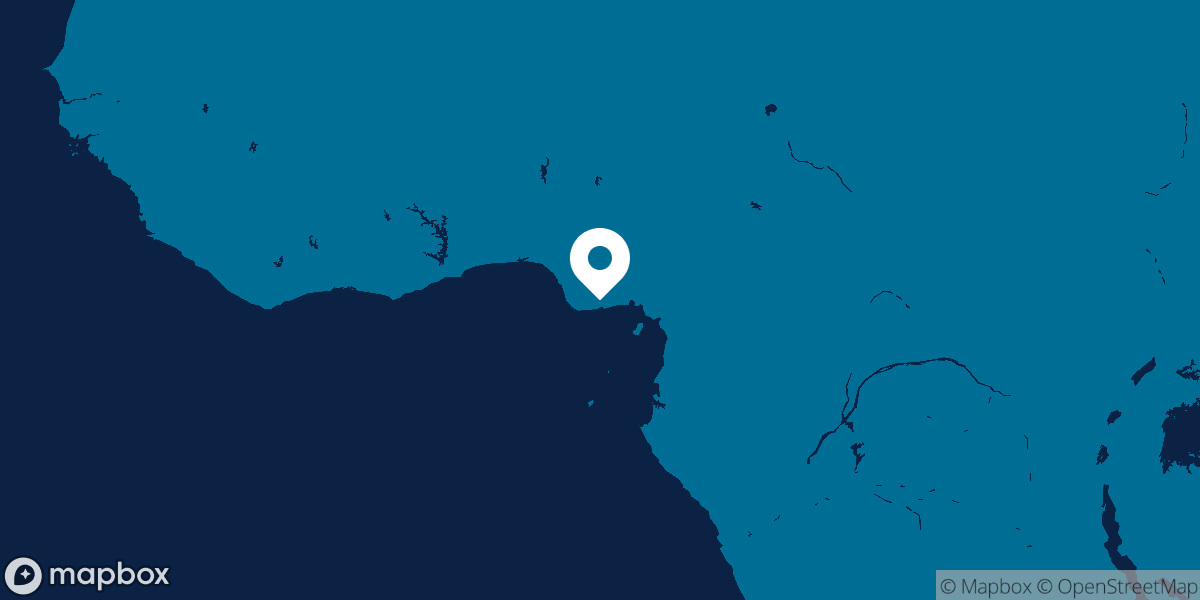Key Information:
Ministry in charge:
- Federal Ministry of Agriculture & Rural development (Fisheries & Aquaculture Department)
Coordination team:
- Federal Ministry of Agriculture & Rural development
- Federal Ministry of Environment
- Nigeria Maritime Administration and Safety Agency
- Nigeria Ports Authority
- Nigerian Institute for Oceanography and Marine Research
- Nigerian Inland Waterways Authority
- Nigerian Trawler owners Association
- Ministry of Foreign Affairs
- Military Police, Nigeria Police Force
- Fisheries Cooperatives Federation of Nigeria
- Stand out For Environmental Restoration Initiative, Nigeria
Ports in Nigeria:
Nigeria has a total of seven Ports currently. These ports are:
- The Lagos Port Complex also known as the Apapa Port located in Lagos
- Tin Can Island Port located in Lagos
- Lekki Deep Sea Port located in Lagos
- Rivers Port located in Port Harcourt, Rivers State
- Onne Port located in Port Harcourt, Rivers State
- Warri Port Located in Warri, Delta State
- Calabar Port Located in Calabar, Cross River State
These ports handle all types of cargos. They offer storage facilities, maointain ports facilities and equipment and ensure safety and security.
Fisheries:
Nigeria boarders the Gulf of Guinea between Benin Republic and Cameroon and has a coastline of 853km and 200 nautical miles EEZ where it has exclusive right to the available natural resources. The coastal capture fisheries can be classified into two sectors, namely; Artisanal fisheries and Industrial fisheries. The artisanal Fisherfolks explore within 5nautical miles of the brackish/marine waters while the industrial fleet operate outside the 5nm. Nigeria has a total land area of 923, 768 sq. Km and13, 000 sq. Km. of inland water bodies.
Nigeria has 165 licensed fishing vessels in which approximately 1800 fishers are for industrial while the artisanal sector is open access. The most common artisanal fishing vessels are traditional dug-out fishing boats between 3-18 m long that are owned by individuals.
Sea-Based Marine Plastic Litter Regulations:
- International Convention for the Prevention of Pollution from Ships Annex V
- Convention on the Prevention of Marine Pollution by Dumping of Wastes and Other Matter 1972
- FAO’s Voluntary Guidelines on the Marking of Fishing Gear
- Fishing shipping Act
- Sea Fisheries Act No. 71 of 1992 (Under review)
- Sea Fisheries Regulations 1992
- Sea Fisheries Regulations 1992
- Turtle Excluder Device Regulations 1996
- The Merchant Shipping Regulations 2012
- Nigerian Ports Authority Act 2004
- Sea Licensing Regulations 1971
- Abidjan Convention 1981
